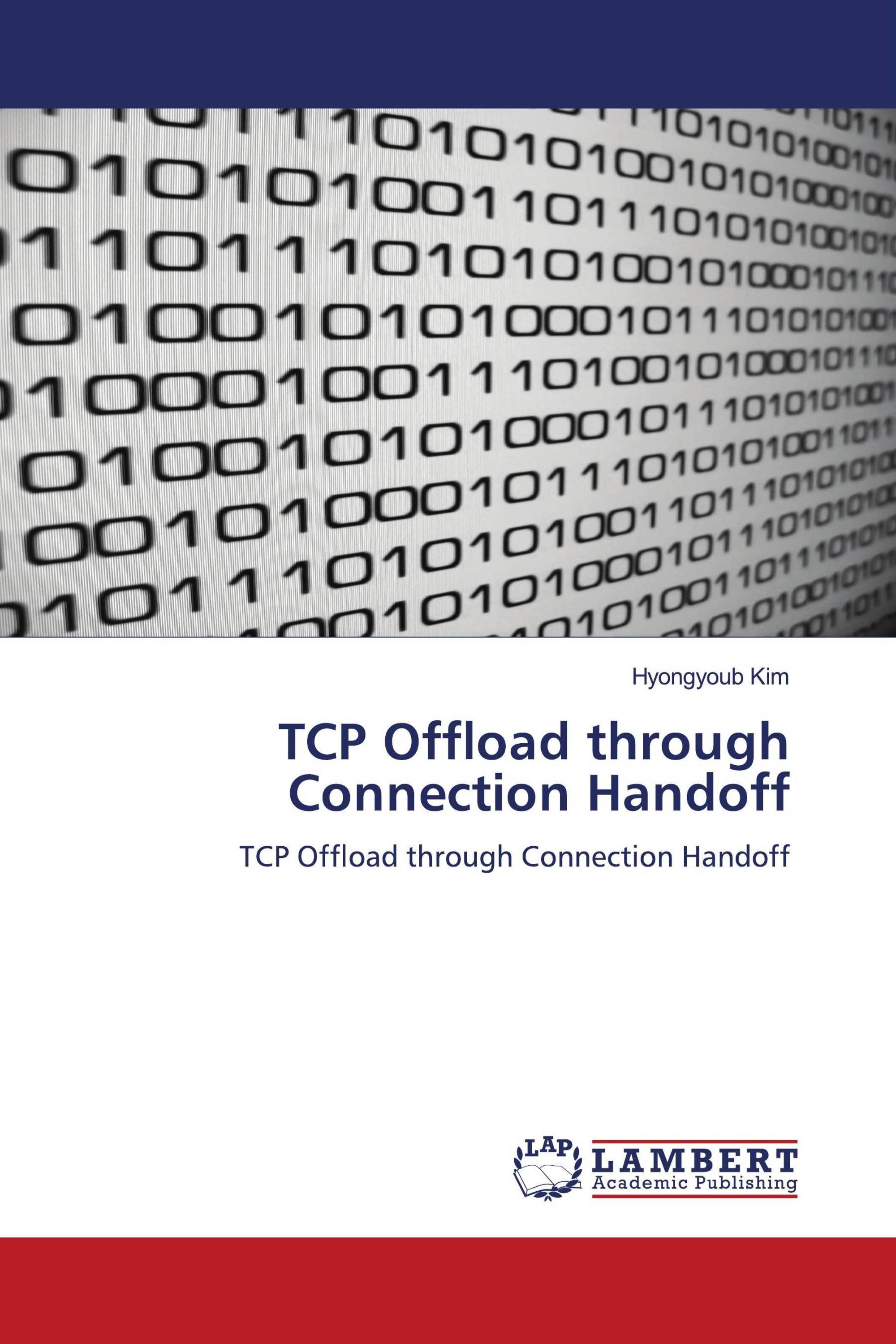TCP offload is a technique to improve TCP/IP networking performance of a network computer system by moving (parts of) TCP processing from the host processor to the network interface. There are several ways to achieve offload. The typical full offload moves all TCP functionalities to the network interface, and TCP processing is performed exclusively on the network interface. However, when the network interface has limited processing power, full offload creates a bottleneck at the network interface and degrades system performance. In contrast, TCP offload based on connection handoff allows the operating system to move a subset of connections to the network interface. This way, both the host processor and the network interface perform TCP processing, and the operating system can control the amount of work performed on the host processor and the network interface. Thus, by using connection handoff, the system can fully utilize the processing power of the network interface without creating a bottleneck in the system.
Book Details: |
|
|
ISBN-13: |
978-3-8383-1445-7 |
|
ISBN-10: |
383831445X |
|
EAN: |
9783838314457 |
|
Book language: |
English |
|
By (author) : |
Hyongyoub Kim |
|
Number of pages: |
116 |
|
Published on: |
2010-05-21 |
|
Category: |
Operating systems, user surfaces |
